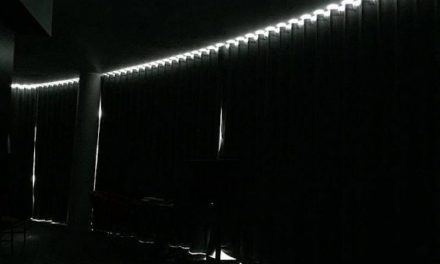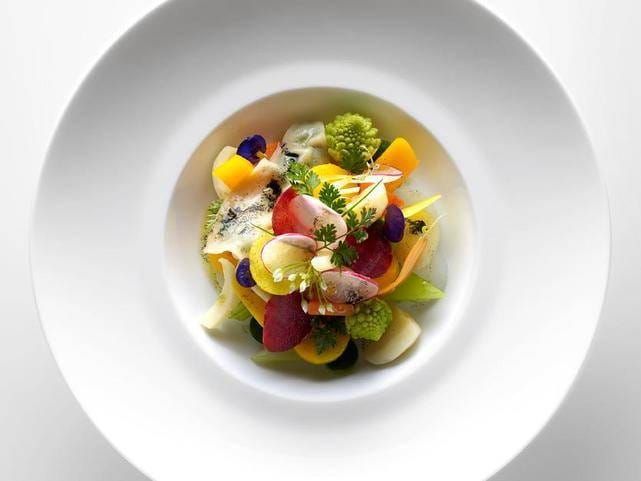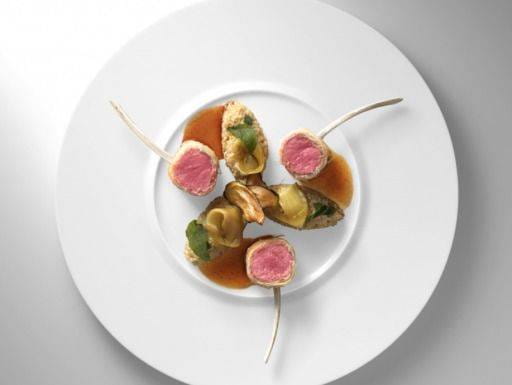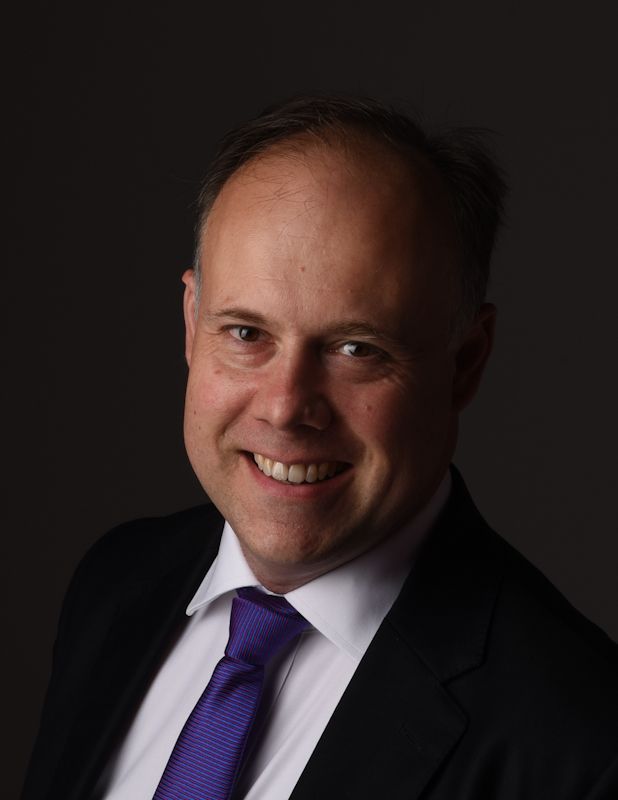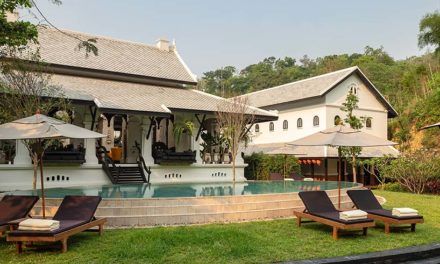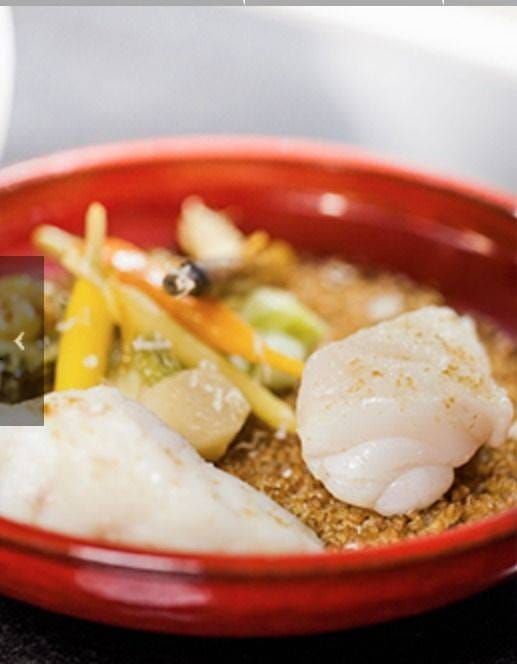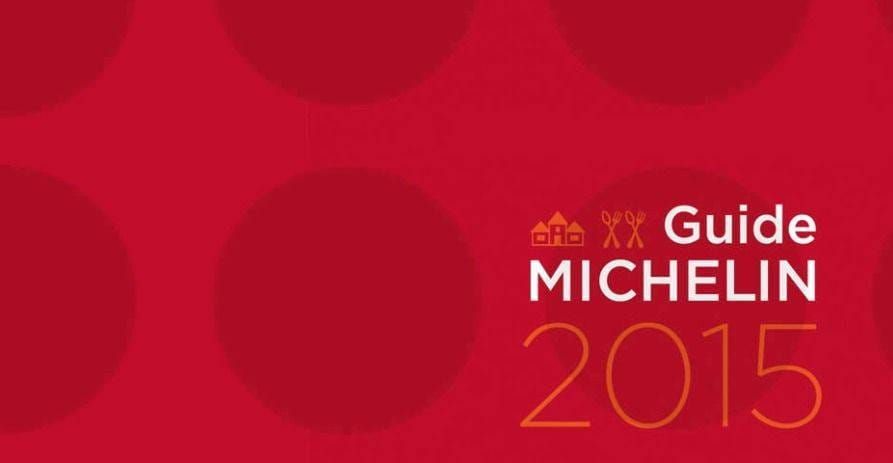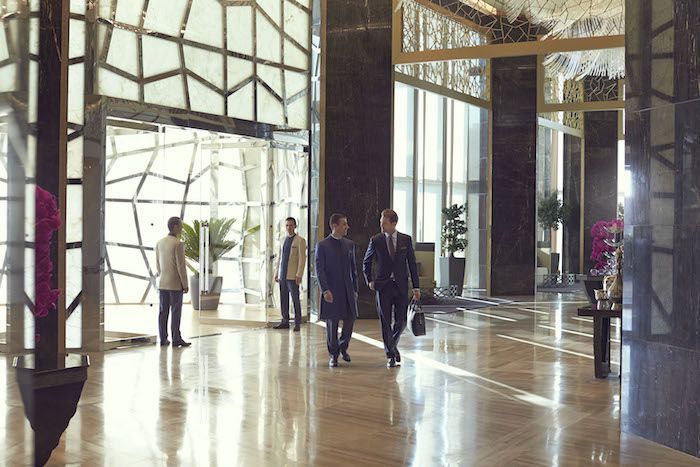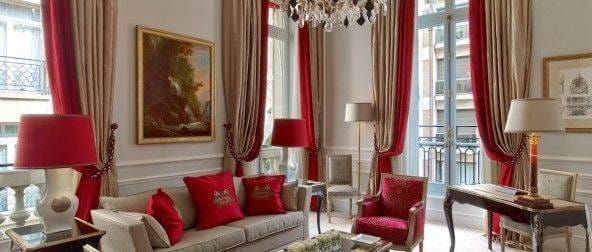An Encounter with Christopher Hache: Cuisine for Everyone
Since the interview, Christophe Hache left the Hotel de Crillon and he works for his own restaurant.
International clients at luxury hotels often possess a strong sense of culture and are not necessarily used, for instance, to French cuisine and all its peculiarities. How do you adapt your cuisine to the diverse mix of your clientele? Do you develop a cuisine for everyone or a cuisine that’s tailored to the origin of your clients?
These days, we create French cuisine while working with the best products at our disposal. We have to satisfy clients who are able to appreciate this type of cuisine, while others won’t find it to their liking at all because it’ll be too far removed from their tastes. But what’s most important in cuisine is learning about other cultures because this way, we get to better understand the ways our clients think and behave. By doing so, we learn how to better fulfill their desires.
Luxury is about the art of detail, about going even further. And so, understanding what our foreign clients are looking for allows us to satisfy them. They have their own habits and are at times not very open to trying new things—in particular, people who don’t travel very often can sometimes be highly conservative.
But this is all looking to change soon because the clients of tomorrow travel very often and sometimes understand international gastronomy better than us.
Rack of milk-fed lamb enveloped in angel-hair pasta
Do you tailor your cuisine to each person, or do you create a cuisine for everyone?
I develop my own cuisine, which is in fact a cuisine for everyone. When we travel, we develop our creativity even further; you become much more open- minded. For instance, I worked with ants in Brazil and tortoises in Japan, but I know perfectly well that I wouldn’t be able to do the same thing in Paris. It just wouldn’t make any sense.
While adhering to my culinary philosophy, I try to push my cuisine even further—for instance, by trying out new preparation methods and looking for new spices. This requires a fair amount of experimenting and fine-tuning. The real challenge is trying to avoid mixing up everything you know. Above all, it means cultivating my vision of gastronomy while bringing in all the wealth of experiences that I accumulated while working alongside different chefs.
Laurent Delporte, an editor and conference speaker, is a strategic expert in the sector of hotels. A visionary, he brings his unique look on hotels in service to the decision-makers in the industry, whether to enhance the development of new projects or strategic visions.
Laurent has visited and audited over 350 hotels across the world and also participates in mystery visits to provide quality control for the world’s finest hotels.


 HOME
HOME

